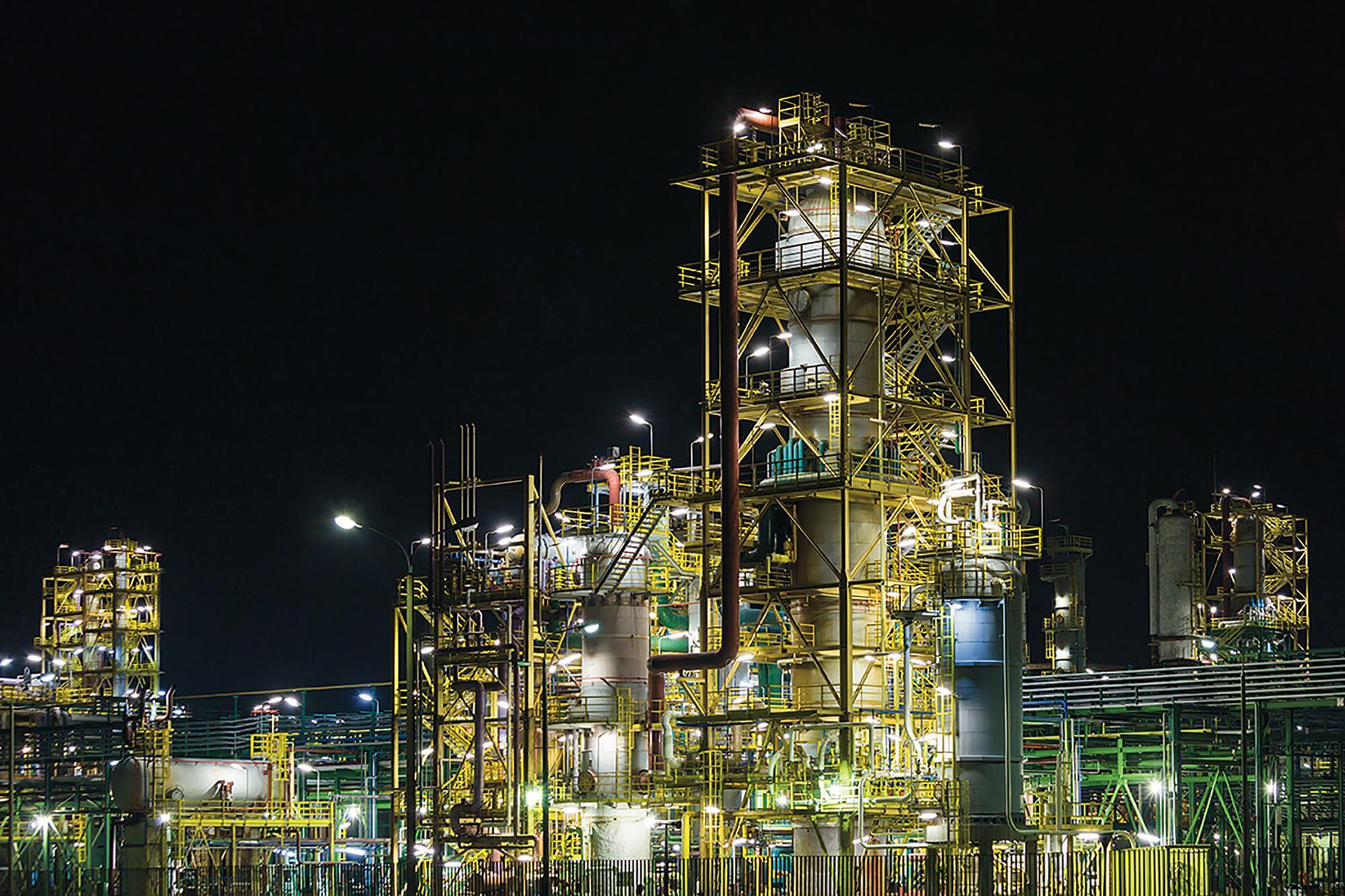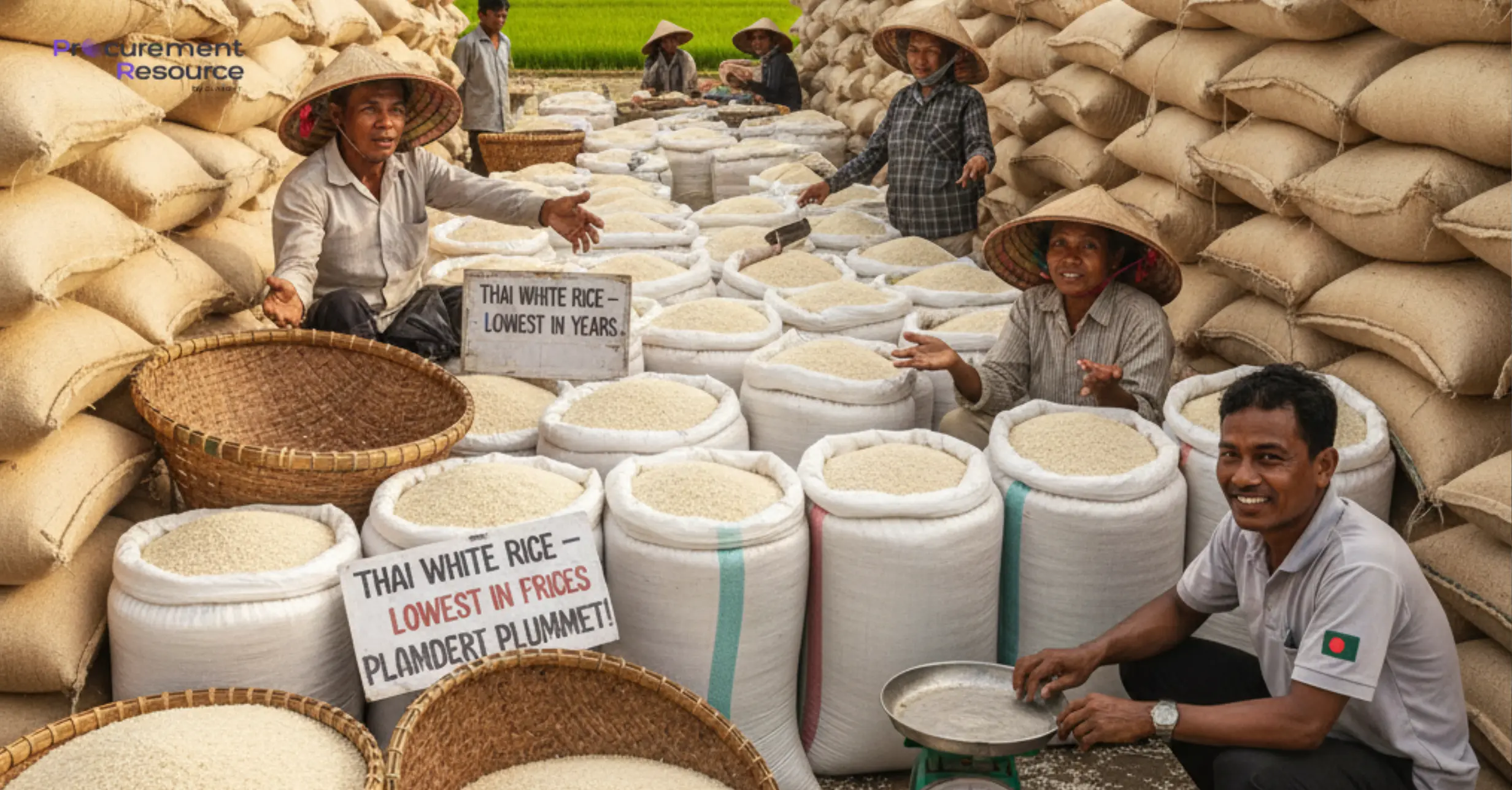As Prices Rise, Ammonium Sulfate Trade Models are Anticipated to Shift Further in 2021

Prices of amsul, importantly for ordinary caprolactam grade amsul, have been rising in China for several months. Other locations have recently seen significant growth. The general strength of the nitrogen complex has been an essential element in the amsul market, but it has not been the primary driver. Brazilian compacted/granular amsul prices have risen by an astonishing USD 35pt in the previous 2-3 weeks.
Prices of Chinese capro amsul, which are generally slow-moving, had grown by USD 11-12pt during the same period. The problem has been aggravated by rising urea costs since mid-December last year, while Chinese capro amsul prices have been continuously climbing since mid-June 2020. Capro amsul prices were around USD 90pt FOB China in mid-June.
Check Real-Time Price Now: Ammonium Sulfate
Unexpected spot demand from Gresik, a prominent Indonesian importer, played a significant role in the company's revival. Following the rejection of a contract cargo and the cancellation of contracts with the supplier, the largest single customer of standard capro amsul in Southeast Asia entered the spot market for spot tonnes. Subsequent back-to-back tenders, immediate availability was tightened, with the supply of capro amsul unable to keep up with demand until now. China shipped 530,000t of amsul, mostly capro amsul, to Indonesia in Q4 2020.
Increased demand elsewhere helped mitigate a cliff edge decrease in Turkish order in 2020 as local Turkish production capacity expanded. Turkey imported only 297,000t of amsul in 2020, with most imports occurring in the first half of the year (240,000t) and only 57,000t in the second half. Eti Bakir had started the increased capacity at this point.
Imports from Turkey were much lower than the 900,000t imported in 2018 and 2019. China was the primary supplier, supplying 444,000 tonnes in 2018 and 521,000 tonnes in 2019. Turkey was also a significant export destination for South Korea. South Korea supplied roughly 190,000t (Capro Corp standard amsul) to Turkey in 2018 and 2019. The figure is expected to reduce to 76,000t by 2020.
On the other hand, the coronavirus halted amsul production in South Korea for several months. In 2020, total amsul exports from South Korea fell by 171,000 tonnes to 391,000 tonnes. South Korea competes most aggressively in markets with a duty advantage over Chinese competitors (Mexico, Turkey, and New Zealand).
Due to issues at an old mill in the United States in 2020, Korean Capro Corp amsul was delivered to American Plant Food as compaction feedstock. Following Pemex's closing of a plant at the end of 2020, Mexico is projected to become a new outlet for South Korea this year.
It is possible to wish for pleasant weather in Asia, but it cannot be anticipated. Should the weather turn bad, prices will plummet, forcing producers to reduce capacity, as happened in Q4 2019/Q1 2020. Even assuming the ideal temperature, the Gresik scenario is improbable to be duplicated, with the buyer's import strategy predicted to be somewhat unaffected.
On the plus side, demand for capro amsul in Southeast Asia remains strong, despite constrained availability. Indeed, Chinese producers pulled out of the market this week because of high demand. The S&D scenario is improbable to alter in the near or even medium-term, meaning that underlying capro amsul pricing will remain stable at least until Q2 2021. This is in addition to the urea/nitrogen complex's increased strength, which boosts forward demand.

-(1).webp)

.webp)